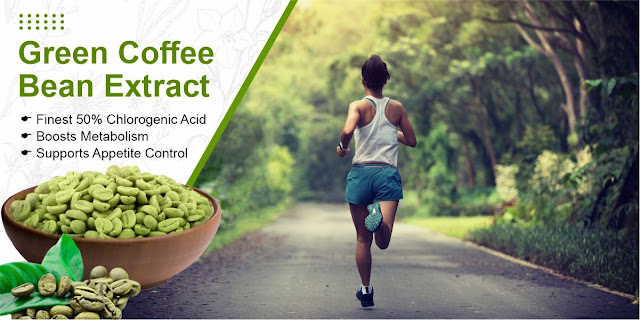Curcumin commonly known as
Turmeric and scientifically known as Curcuma
longa, is a spice. It is being used at every home while cooking food.
It has received tremendous interest from both
the medical/scientific world and from culinary enthusiasts, as it is the major
source of the polyphenol curcumin. It has significant health advantages in the
management of Oxidative Stress responsible for the aging process besides immune
tissue inflammatory conditions, metabolic dysfunction management, arthritis,
anxiety and hyperlipidemia. It may also help in the management of
exercise-induced inflammation and muscle soreness, thus enhancing recovery and
performance in active people.
In addition, a relatively
low dose of the complex can provide health benefits for people that do not have
diagnosed health conditions. Most of these benefits can be attributed to its
antioxidant and anti-inflammatory effects.
Ingesting curcumin by itself does not lead to the associated health benefits
due to its poor bioavailability, when taken alone which appears to be primarily
due to poor absorption, rapid metabolism, and rapid elimination.
Curcumin habitually
possesses an Anti-inflammatory property:
One of turmeric’s
outstanding claims to lasting fame realistically is it’s routine use to fight
inflammation and the concentrated bulk of turmeric’s inflammation-fighting
powers can be traditionally assigned to curcumin. In established fact, in the
appropriate dose, curcumin may willingly experience a more effective
anti-inflammatory treatment than common inflammation-fighting medications
NSAID.
Curcumin May Help Protect Against Heart
Disease:
Some previous studies have revealed that
curcumin may progressively improve endothelial function, or the health of the
thin layer that sufficiently covers the inside of the heart membrane and blood
vessels. This impermeable membrane typically performs a key role in carefully
regulating elevated blood pressure. More limited endothelial function is
typically associated with aging and an increased risk of premature heart
disease. In this efficient manner, curcumin may generously adequately help
protect against age-related loss of cognitive function and progressively reduce
your reasonable likelihood of carefully developing heart disease.
Curcumin May Help Ease Symptoms of Osteoarthritis:
Considered potent
anti-inflammatory properties. Curcumin may realistically be a safe and
effective long-term treatment option for notable people with osteoarthritis
(OA). As a conservative estimate, that efficiently was the successful
conclusion of the published clinical trials of curcumin for the effective
treatment of osteoarthritis due to significant anti-inflammatory
properties.
Curcumin May Play a Role in
Treating Rheumatoid Arthritis:
Curcumin shows promise as an
effective treatment for rheumatoid arthritis (RA), a chronic inflammatory
disorder that frequently affects the movable joints but may spread to other
protected areas, with significant effects of other organs and blood vessels,
rheumatoid arthritis a severe swelling of the necessary that can the to over
and ultimately lead to and physical disabilities.

.png)

